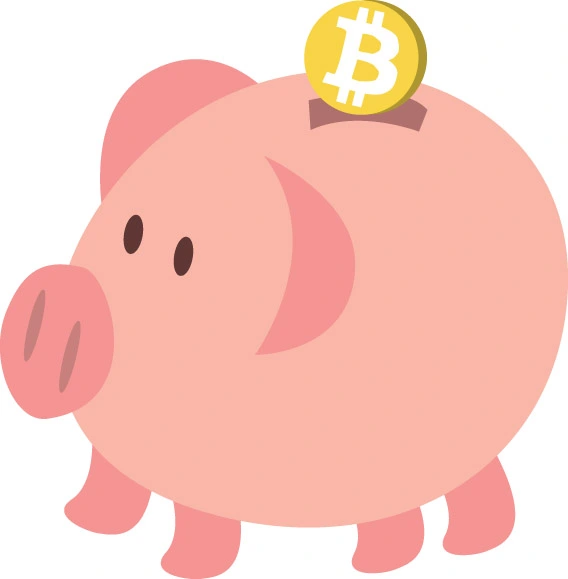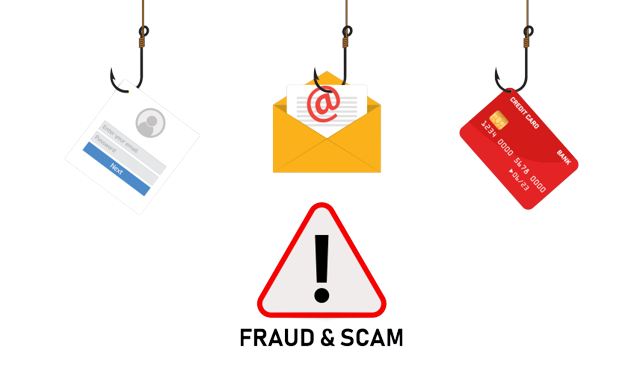What is a pig butchering scam? [2023]
Last updated on June 21st, 2023 in Privacy

In today’s fast-paced digital world, scams, and frauds have become increasingly prevalent. One such notorious scheme making headlines is the pig butchering scam – a term that might leave you scratching your head in confusion.
But fear not! In this informative blog post, we’ll dive deep into the perplexing world of pig butchering scams, shedding light on their inner workings and exploring who’s behind these deceptive practices.
Are you ready to arm yourself with the knowledge to avoid falling prey to these cunning swindlers? Let’s jump right into unraveling the mystery of the pig butchering scam!
A pig butchering scam, also known as “sha zhu pan” in Chinese, is a type of financial fraud that targets unsuspecting individuals by luring them into investing in fake projects or businesses. The name originates from the process of fattening up a pig before it’s slaughtered – similarly, scammers fatten their victims’ trust and investment only to eventually “butcher” them for significant financial gain.
In these scams, fraudsters create an illusion of profitability by offering lucrative returns on investments. They may use various convincing tactics such as creating sophisticated websites or using social media influencers to promote their schemes.
Victims are often drawn in with promises of high returns and minimal risks. Once they’ve invested a substantial amount of money, the scammers disappear without a trace, leaving investors empty-handed and devastated.
As technology advances and people become increasingly interconnected through social media platforms, pig butchering scams have evolved to target wider audiences globally. By understanding how these scams work and identifying red flags early on can save you from falling victim to this ever-growing menace.
 Pig butchering scams typically begin with a phone call from someone claiming to be a farmer or meat supplier offering to sell pork at a discounted price. The scammer may claim that they have an excess amount of pork and need to get rid of it quickly.
Pig butchering scams typically begin with a phone call from someone claiming to be a farmer or meat supplier offering to sell pork at a discounted price. The scammer may claim that they have an excess amount of pork and need to get rid of it quickly.
Once the victim agrees to purchase the meat, they are asked for payment upfront. They may be instructed to wire money or provide credit card information over the phone.
After payment is made, the scammer will often disappear and never deliver any pork. In some cases, victims have reported receiving packages containing only small amounts of low-quality meat or even non-meat items like rocks or newspaper.
Scammers use various tactics such as creating fake websites, using untraceable phone numbers, and providing false identification documents to make their schemes appear legitimate.
It is essential for consumers always to verify the identity and legitimacy of anyone offering goods or services before making any payments.
The people behind pig butchering scams are often difficult to trace. These scammers operate under false identities, making it challenging for authorities to track them down. In most cases, they use fake names and addresses when dealing with their victims.
Some of these scammers work alone, while others work in groups or gangs. They usually target unsuspecting individuals who have little experience in buying meat products so that they can easily deceive them.
In many instances, the individuals behind pig butchering scams are seasoned criminals with a history of fraud and deception. They know how to manipulate their victims and make them believe that they are getting a great deal on high-quality meat.
These scammers often exploit vulnerable populations such as low-income families who cannot afford to buy expensive cuts of meat from reputable sources. By selling substandard meat at inflated prices, they make huge profits while putting the health of their customers at risk.
It is important to note that not all sellers offering discounted pork or other meats engage in pig butchering scams; some may offer legitimate deals on surplus stock or near-expiry items. However, it is crucial for consumers to be vigilant and cautious when purchasing meat products from unknown sources.
 To avoid falling victim to a pig butchering scam, there are some important steps you can take.
To avoid falling victim to a pig butchering scam, there are some important steps you can take.
Do your research before making any purchases. Make sure that the seller is legitimate and reputable. This includes checking for reviews and asking for references from previous customers.
Ask for detailed information about the pig butchering process. If the seller is hesitant or unwilling to provide this information, then it may be a red flag that they are not trustworthy.
Always make sure that you receive a written agreement outlining all of the details of your purchase including price, quantity and delivery date. This will help protect you in case anything goes wrong with the transaction.
Never pay upfront for any products or services without first verifying their legitimacy. It’s also important to trust your instincts – if something seems too good to be true or makes you feel uncomfortable in any way, then it’s best to walk away from the deal altogether.
By following these simple steps, you can help reduce your risk of being scammed by a pig butchering scam and ensure that you get exactly what you paid for.
A pig butchering scam is a deceptive scheme where fraudsters offer to buy pigs from farmers or individuals and promise to return with the butchered meat. However, they never show up again, leaving their victims without any compensation. This type of scam can have devastating effects on small-scale farmers who rely on the sale of livestock for their livelihoods.
To avoid falling victim to this type of fraud, it’s important to be cautious when dealing with strangers online or in person. Always verify the identity and credentials of potential buyers before entering into any transaction. Additionally, consider selling your pigs through reputable channels such as auctions or trusted intermediaries.
By staying informed and taking appropriate precautions, you can protect yourself from becoming a victim of a pig butchering scam. Remember that prevention is always better than cure when it comes to scams and frauds!